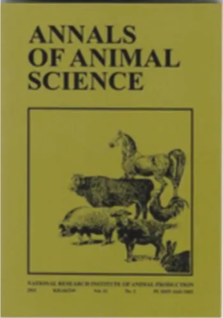Document type: scientific article published in Animals
Authors: Machteld C. van Dierendonck, Faith A. Burden, Karen Rickards, Johannes P.A.M. van Loon
Preview: Pain can be difficult to objectively assess in animals, especially in prey animals that hide their symptoms from others. Donkeys are also known to mask and hide these signs. Owners often describe donkeys as "stubborn", but veterinarians and equine ethologists describe donkeys more as "stoic". Among veterinarians it is known that donkeys hide their pain symptoms even more than horses. Therefore, objective and valid pain measurement tools are needed to assess pain in donkeys. In this study, two pain scales (with behavioural elements, physiological elements, responses to interactions, and facial expressions) have been developed and tested in 79 donkeys with various types of acute pain (acute lameness, colic, head-related pain, and postoperative pain) and in 185 healthy pain-free control donkeys. The authors found that the Equine Utrecht University Scale for Donkey Composite Pain Assessment (EQUUS-DONKEY-COMPASS) and the Equine Utrecht University Scale for Donkey Facial Assessment of Pain (EQUUS-DONKEY-FAP) can both be effective to objectively assess various types of acute pain in donkeys and could potentially be used to monitor pain and improve welfare in donkeys.





